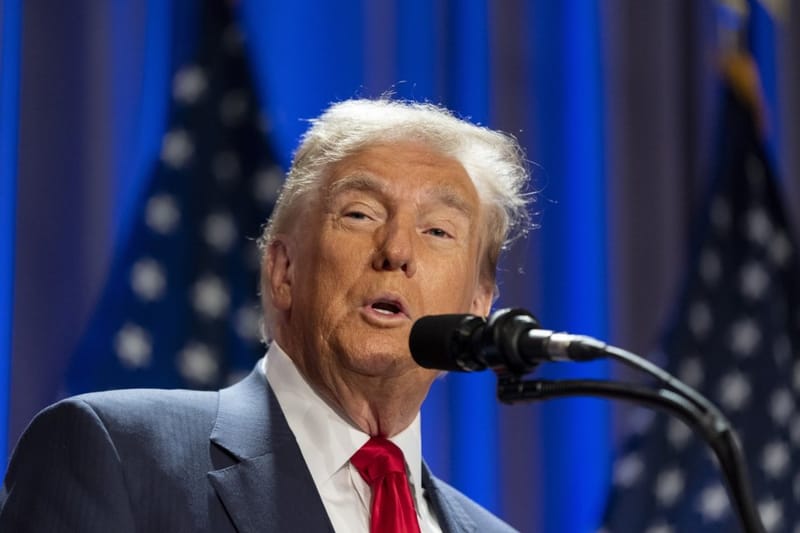Native Americans mark 100th anniversary of being granted the right to vote
Even today, Native Americans continue to confront challenges when it comes to voting.

As the United States heads into election season, Native Americans are reflecting on the 100th anniversary of being granted the right to vote, a milestone that highlights the ongoing struggles and barriers that Indigenous communities have faced in exercising their voting rights.
The Indian Citizenship Act of 1924 granted U.S. citizenship to Native Americans, but it wasn’t until the Voting Rights Act of 1965 that Native Americans were universally recognized as having the right to vote, especially in the face of systemic obstacles like literacy tests and poll taxes.
Even today, Native Americans continue to confront challenges when it comes to voting.
In some states like Arizona, while Native Americans gained the right to vote less than 50 years ago, barriers remain, such as restricted access to polling places and voting requirements that disproportionately impact Indigenous communities.
These barriers continue to make it harder for Native voters to have their voices heard at the polls.
Despite these challenges, the Native American vote has been increasingly recognized for its potential to swing elections, especially in battleground states.
In the 2020 U.S. Presidential Election, the Navajo Nation played a crucial role in shifting Arizona from a long-standing Republican stronghold to a Democratic state, demonstrating the power of the Native vote in determining the outcome of elections.
The importance of voting also extends across borders for Indigenous peoples, as seen in the case of Myeengun Henry from the Chippewas of Thames First Nation in Southern Ontario, Canada.
Henry, a dual citizen due to the Jay Treaty, was initially denied the right to vote in the 2020 U.S. election, despite his treaty rights. After legal intervention, he was able to vote in 2024, underscoring the significance of ensuring that Indigenous peoples' rights and voices are recognized not only in the U.S. but also in Canada.
These experiences highlight both the ongoing challenges and the critical role that Indigenous communities play in shaping political outcomes, reminding policymakers that the fight for Indigenous rights is far from over.





